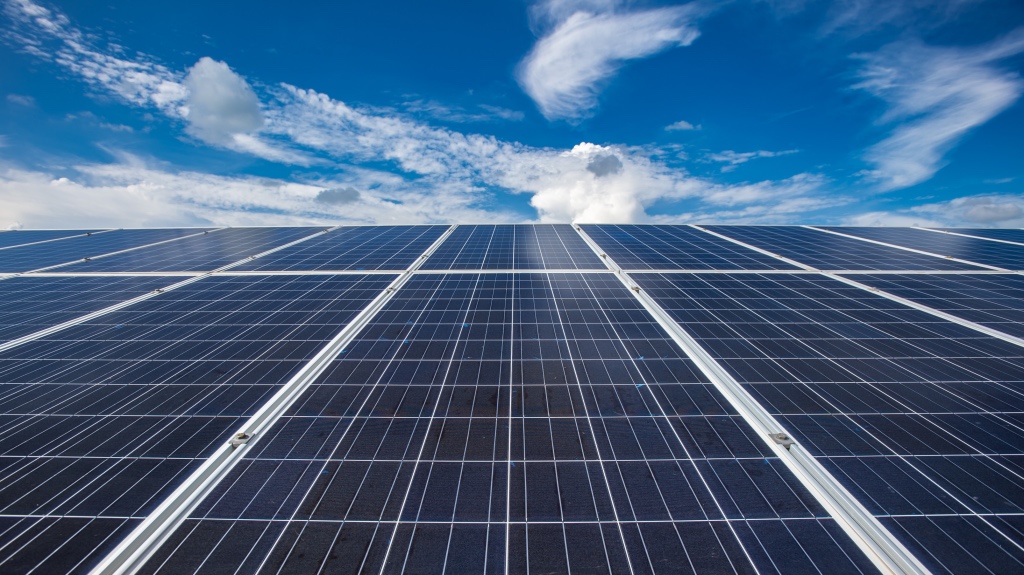Why Should We Transition to Renewable Energy?

According to the most recent IPCC Report released in 2019 by scientists, human beings must aim to keep the global temperature at or below a 1.5 degree Celsius increase above pre-industrial levels by 2030. Subsequently, the goal is then to reach net zero emissions by 2070. Each of us has a personal responsibility to contribute to sustainable development, so we may all collectively help to reduce climate change through efficient, renewable and sustainable alternatives to: human development needs, energy efficiency and security, and environmental management and safety.
In 1990, air pollution in China reached an insurmountable peak that forced its country to transition and progress towards expansions in renewable energy. China is now a major global force in affordable renewable energy systems and is now a leader in solar water heating, wind, hydro and photovoltaic energy. It is also the world’s largest manufacturer of wind turbines, solar PV and solar water heating systems. Over 170 countries around the world have already transitioned to renewable energy targets and, as a result, 145 have created policies which support renewable energy. Today, there are growing movements around the world which advocate for cities, municipalities, and nations to commit to 100% renewable energy.
How can we as individuals meet the global climate change targets which were presented at COP 21? Some of the main ways that we can all drastically reduce CO2 emissions is through:
1. Energy efficiency (in our homes, with our transportation)
2. Sustainable Consumption (purchase products from companies that have sustainability strategies)
3. Eliminating coal and switching to gas
4. Energy policies (support governmental decision which promote sustainability)
5. Practice regenerative agriculture and permaculture
6. Transitioning to renewable energy sources (solar, hydro, wind, geothermal, etc.)
7. Carbon sequestration (which helps to remove CO2 from the atmosphere to mitigate climate change) through actions like tree planting
Humanity has approximately 10 years to take on the challenge of mitigating and reversing the effects of climate change, for the future of our planet, our biodiversity and our human species. Let’s start today by creating social and sustainable change in our own communities. Let’s start by investing in sustainability in our own communities.